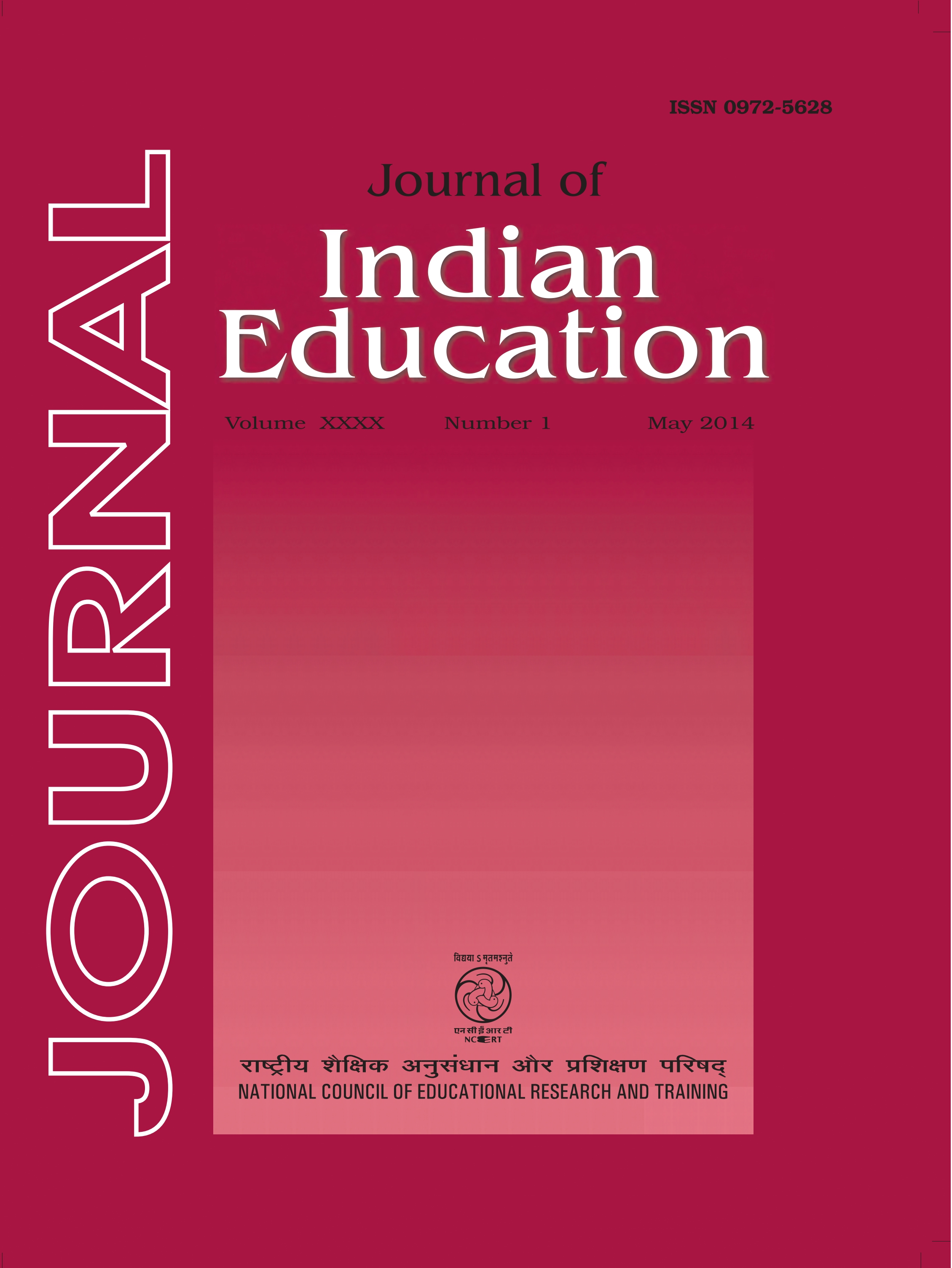Published 2024-12-09
Keywords
- Tribal Children,
- Education,
- Social Inclusion
How to Cite
Abstract
The focus of this paper is to answer some of the questions on pedagogy of the adivasi children in the tribal schools of Andhra Pradesh. Provision for quality education for the tribal children through mother tongue instruction, types of action plans for implementing multilingual education, contextualisation of the content of the school textbooks, support materials required, provision for support materials in tribal dialects, contextualisation of classroom transactions, integration of life skills in the curriculum, overall need for modification of pedagogic routines in tribal context, in-service teacher training programmes are some of the emerging issues that need urgent action in the state of Andhra Pradesh. Various recent studies on education of tribal children (from the perspective of social inclusion) throw light on the poor state of affairs. A recent study on school management practices under SSA supported by European Union states in its report that the prescribed curriculum and related TLM (Teaching Learning Material) are top- down in nature and do not create opportunities or the administrative space and scope for need-based development of material and need-based planning at the school level and inclusion of children in border areas and tribal/ forest areas remains weak. Similarly, transition rates from primary to upper primary and secondary show significant dropout rates in case of marginalised sections and minority religions, and there are significant gender differences. Literacy rates among SC, ST and Muslim minority children still lag behind in many states. In brief, decentralised community mobilisation efforts have improved enrolment but this cannot be said for inclusion of the most deprived communities or social groups.

